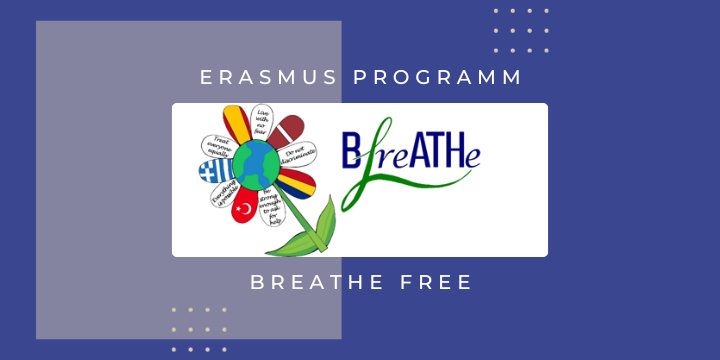Matters like war, violation of human rights, gender inequality, absence of justice and financial crisis compel people to abandon their countries and live in another one as refugees. This situation has deep impacts on the children of these families as well as on themselves. We, as the partner schools in this project, consider it as a necessity to meet their educational needs and to help them adapt to the new cultures around them.
Our project’s main goal is to reintegrate the refugee students into the education system by enabling them to learn the host language effectively so that we could pull down the rates of early school leaving below 10% as stated in the Europe 2020 strategy.
Acquisition of the host language will boost the refugee students’ self-confidence. It will also make them express themselves and adapt to the new environment better. Thus, the prejudice of the society against them will expectedly diminish and in return, the tolerance for them will mount. Besides, they must be informed about that learning the host language is necessary to have a sustainable and all-round education. We aim that the refugee students should realize that they are equal to other people at school and in society, and can freely reflect their culture and traditions preserving their native language. In this project, teachers will also be active and enhance their professional development. The results will be included in the curriculum of each partner school for the versatility of the refugee students which will eventually lead to a more favorable education.
The participants of the project are Spain (coordinating), Romania, Greece, Latvia and Turkey. This partnership is a great chance to carry out activities and mobilities concerning the host language learning together with the refugee students on a broader scale. 5 LTT mobilities will be implemented throughout the project, and 25 students and 10 teachers will attend the mobilities from each country in total. One group of the participants will be the refugee students who have difficulties in adapting to the education and language of the host country. The other group will be the teachers to run the project eagerly.
LTT1 (Put Yourself in Their Shoes): The host country and coordinator, Spain will organize a ‘Welcome Party’ to generate a cozy atmosphere, and the refugee students will introduce themselves, and try to understand the feelings of each other by applying the ‘You’re My Mirror’ event. The problems the refugee students face will be addressed with the participants and the students will pay a visit to one of the refugee centers.
LTT2 (Bonding Over Languages): In this LTT hosted by Romania, refugee students will use the digital technology to handle the activities for the host language acquisition, and thanks to it, they will get better at using the web 2.0 tools.
There will also be a visit to a language school to observe the process of a foreign language acquisition.
LTT3 (Innovation and Integrity): In Latvia, e-learning modules supported by the Ministry of Education will be introduced, and using some effective application to write short stories will be learned. The participants will be taken to a refugee class in a Public Education Center as a case study.
LTT4 (Cultural Cohesion): In the mobility hosted by Greece, some culture-based activities will be held like ‘Diversity Day’ and ‘Traditional Food Festival’. Trips will be taken to important landmarks, and the other web-based activities will be conducted with the notion of “Success is reachable for every child”.
LTT5 (Mixing All the Cultures): Turkey will host the last mobility. Participants will do a drama activity to create an opportunity for a strong communication and collaboration. Cultural trips to historic sites will be arranged, and a refugee camp will be visited to observe what the refugees have been through. Participants will do game-based activities like ‘Empathy Eyeglass’ and ‘Taboo’ for a collaborative learning and sympathizing with the others.
We will benefit from methods that center on process and cooperation such as TPACK, 4C, problem-based and cooperative learning. Along with their collaboration with the peers abroad, the refugee students will improve their creativity and grasp the importance of being included in a community for achievable and concrete outputs. Moreover, they’ll be more active in their classrooms because they’ll have learnt how to integrate the virtual tools into courses. All these will result in better relations between them, their friends and teachers. With the medium and long term impacts of our project, we envisage that the refugee students will adapt to their school and the society with minimum loss, succeed in sustaining a good academic life, and eventually turn into adults useful to society and the country. On the other hand, other schools and NGOs in the participating countries will be informed about the outputs of our project to let it be widely disseminated.
